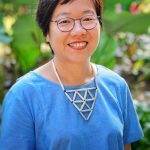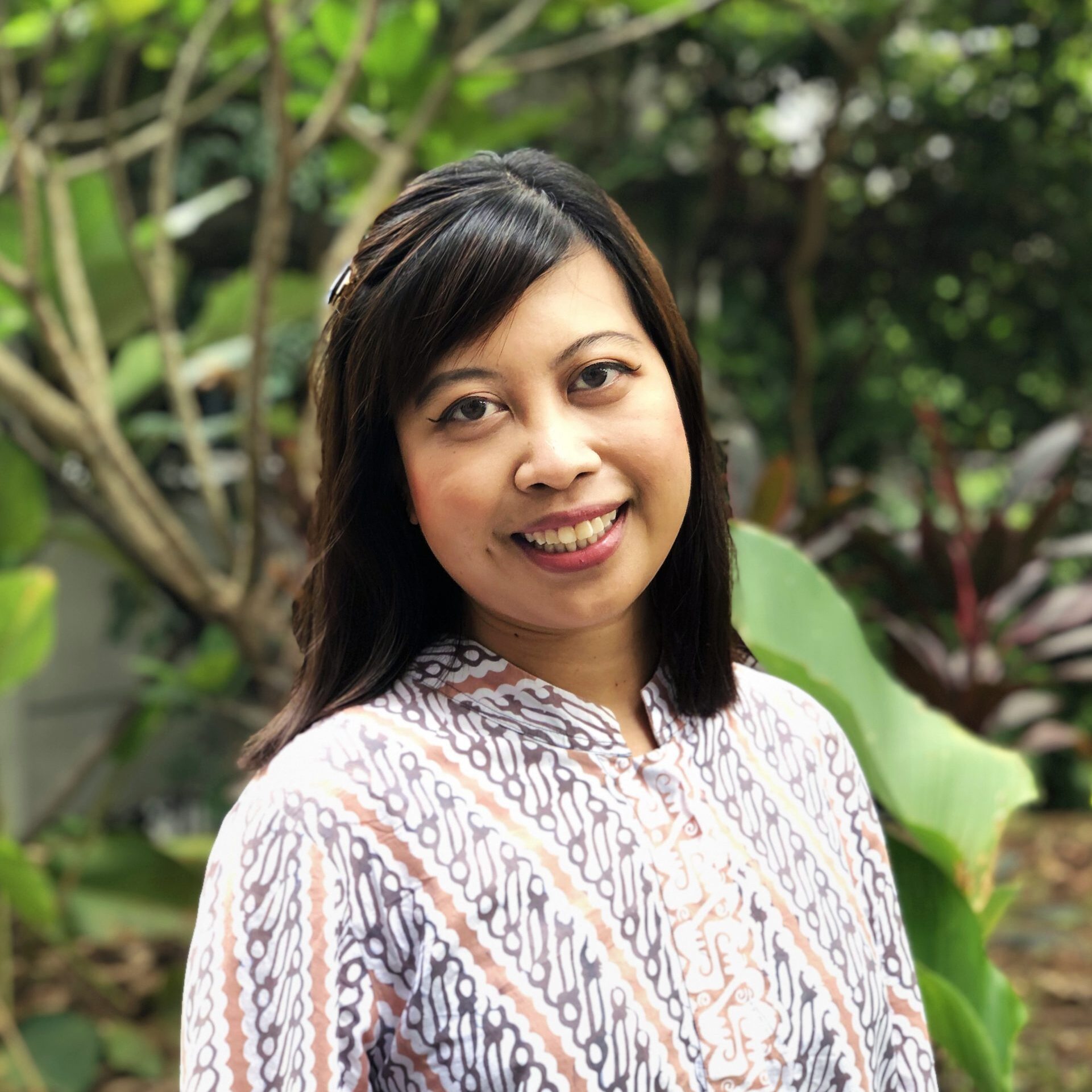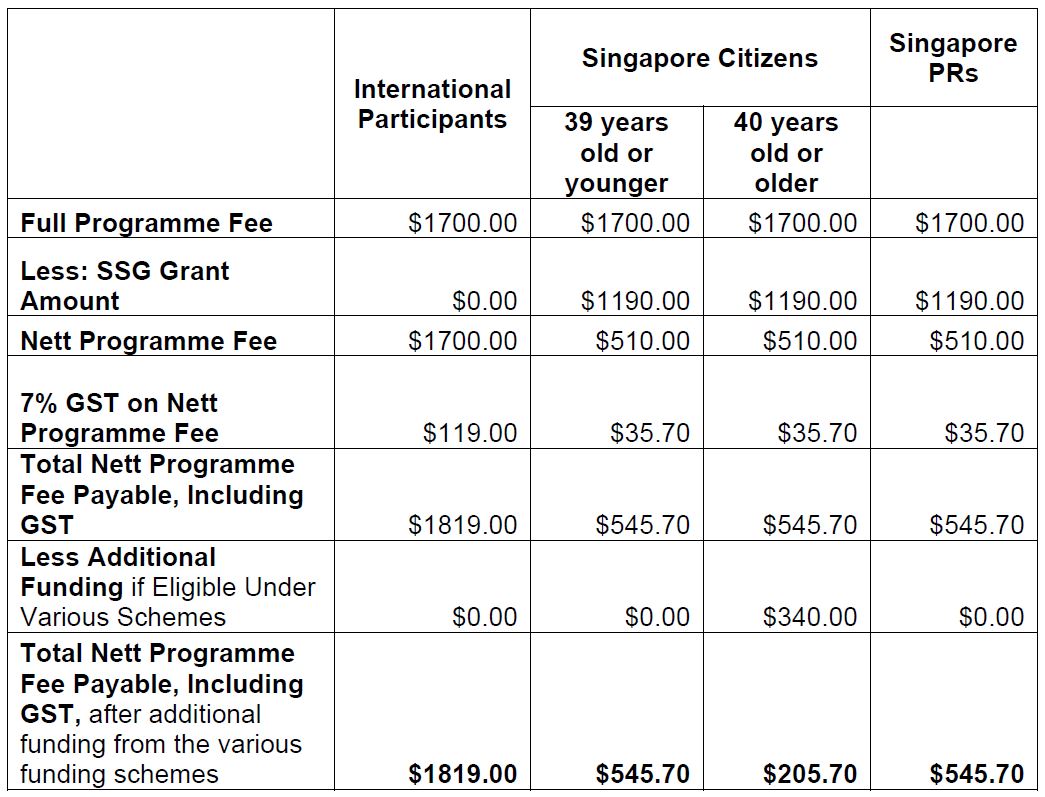Critical Discourse Analysis for Social Services (September 2022)
Registration
Interested applicants can register for the course via NUS Online Application Portal.
Registration has closed.
About
Critical Discourse Analysis (CDA) is a useful framework to uncover and examine power relations and social inequalities reflected through discourses, language and texts. This is an introductory course on using CDA not just to analyse texts and discourses, but as a tool to conceptualise and develop research projects that aim to uncover or resist the reproduction of existing power inequalities.
Workshop participants learn to analyse the meanings and appreciate the socio-political contexts behind texts, especially in newspapers and public media. In examining how public knowledge and dominant narratives are being produced and reproduced, participants will be guided to think through the role that research development processes, as well as the dissemination of research findings, play in knowledge production that generate “facts” or “truths” in the public domain. In particular, research about marginalised groups and social services need to be mindful about how existing power relations are perpetuated through such research development. Participants are challenged to rethink and suggest ways to overcome or resist the perpetuation of narratives that maintain or deepen the oppression of marginalised groups through research.
At the end of the course, participants are expected to achieve the following objectives:
• Understand the fundamental theories about power relations underlying CDA.
• Learn to deconstruct and analyse texts from the media using CDA.
• Learn how dominant narratives and social inequalities are perpetuated through the research processes.
• Suggest ways to uncover or resist the perpetuation of inequalities through how research processes are being conceptualised and conducted.
Participants conducting research projects in social and public services can apply these skills and knowledge to their research involving marginalised groups, to mitigate the power imbalance against them.
Trainer


Dr Neo Yu Wei is an Adjunct Senior Research Fellow at the Social Service Research Centre (SSR), NUS. She obtained her postgraduate degrees from the disciplines of sociology and public policy. She advocates for qualitative research methods that are more meaningful, participatory and collaborative for social services.
Ms Nurul Fadiah Johari is a Research Associate at the Social Service Research Centre (SSR), NUS. She obtained her Master of Arts degree in Malay Studies from NUS. Her research interests include the interplay of power and ideology in the construction of dominant narratives on socio-economic issues, as well as the intersection of socio-economic class, ethnicity and gender in the shaping of policies and their impact on marginalised communities.
Course Fee
This course is SSG-approved. Participants who are Singaporeans or Singaporean Permanent Residents will be eligible for 70% of the course fees, excluding GST. Singaporean participants who are aged 40 years old and above will be eligible for higher subsidies of up to 90% of course fees. Participants must record at least 75% attendance, and pass all assessment components, to be eligible for SSG funding. The table below shows the breakdown of the course fee payable.


